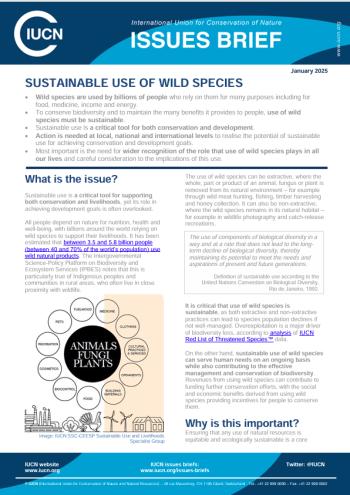

Review of African Social and Economic Development Volume 1
In February 2024, the African Union launched its theme for the year, “Educate an African Fit for the Twenty-First Century.” This theme suggests that the average African is not fit to meet the demands of this century, which is in and of itself a symptom that reflects the continent’s precarious condition. It is shameful that after more than sixty years since the majority of the continent attained “independence,” the rallying theme for the continent is a call for a basic necessity that ought to be already settled and adequately provided. If there is a deficiency in education, there is an even greater deficiency in insecurity, economic prosperity, human rights, and political stability; frankly, all the core pillars that make a society functional. This submission might come off as harsh, but it is the reality in which the continent finds itself. It is a reality engendered by decades of corruption, foreign meddling in African politics, exploitations by foreign and local actors, and failed policies forced down the continent’s throat by the International Monetary Fund and the World Bank. This volume looks at some of these policies and considers their ramifications for Africa’s present and future. It points to potential solutions to remedy some of Africa’s most pertinent problems.
Contributors to this volume include think tank executives, research directors, and academics. Collectively, they make a case for changes necessary for Africa’s prosperity. They examine the causes of some of the most prevalent problems in contemporary Africa and question what the future holds for the continent. They each demonstrate that greater economic freedoms and the respect for fundamental rights—individual and economic—are prerequisites to guaranteeing a promising future.
Freedom takes numerous dimensions in this volume, informed by different strands of liberal-oriented arguments. What brings those strands together is the demand for new ways of thinking about prosperity in Africa, especially by learning from what has gone wrong in the past. They ask for accountability in state agencies and the removal of policies preventing African entrepreneurs from flourishing.
This volume is divided into two parts. Part I includes essays that explore different ways the debate about freedom in Africa is tied to politics and human rights. It comprises six chapters. Part II includes four chapters, each looking at the economics of free trade on the continent.
Anoba, Ibrahim Bàbátúndé (ed.) 2025. Review of African Social and Economic Development (Volume 1). Arlington, VA: Atlas Network
-
Ibrahim Bàbátúndé Anoba
We support the free flow of information. Please share:
Form coming soon
Related Content
-

-

Review of African Social and Economic Development Volume 1
ByIbrahim Bàbátúndé Anobaarrow_forward2024 -

Economic Analysis: Climate Change and Wildlife Utilization on Private Land
ByJackson OtienoEdwin Muchapondwaarrow_forward2015
Get updates by email
Through impactful research, stakeholder engagement, and professional development, AWEI is supporting the wildlife economy across Africa. Please subscribe for occasional updates on our work and forthcoming events.
Sign up for a quarterly dose of AWEI insights
In a complex and changing world, AWEI generates strategic ideas, conducts independent analysis on wildlife economies, and collaborates with global scholar-practitioners to provide training and expertise for biodiversity conservation, climate resilience, and inclusive economic opportunities in Africa.
